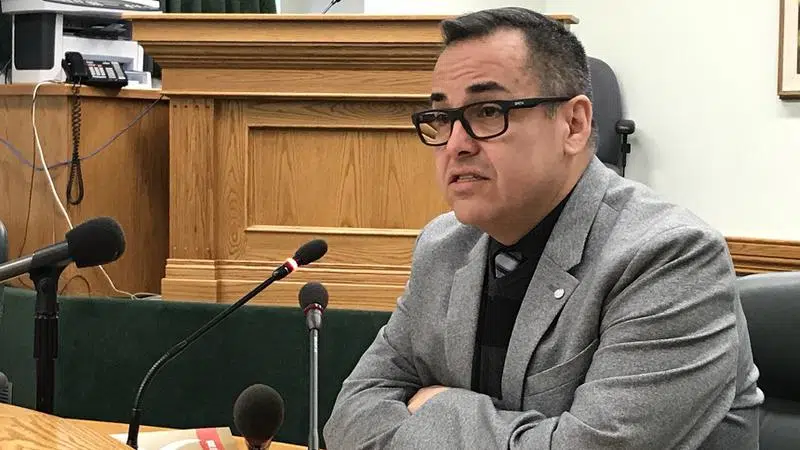
Mental health biggest issue for Sask. children and youth
Saskatchewan’s Advocate for Children and Youth is coming back to mental health as the top issue facing children and youth in the province.
“It really doesn’t matter whether they live on reserve or off reserve, whether they live in a small town or whether they live in a big city, how much money they make or which side of the tracks they live on — it really doesn’t matter — what we’ve learned this year and over the past few years (is that) mental health and addictions is, by far, the No. 1 issue facing our children and youth,” Corey O’Soup said Tuesday.
O’Soup repeated his criticism of wait times for mental health services, calling them “shameful.” He said in some cases, patients have to wait up to two years to receive and access proper services.


